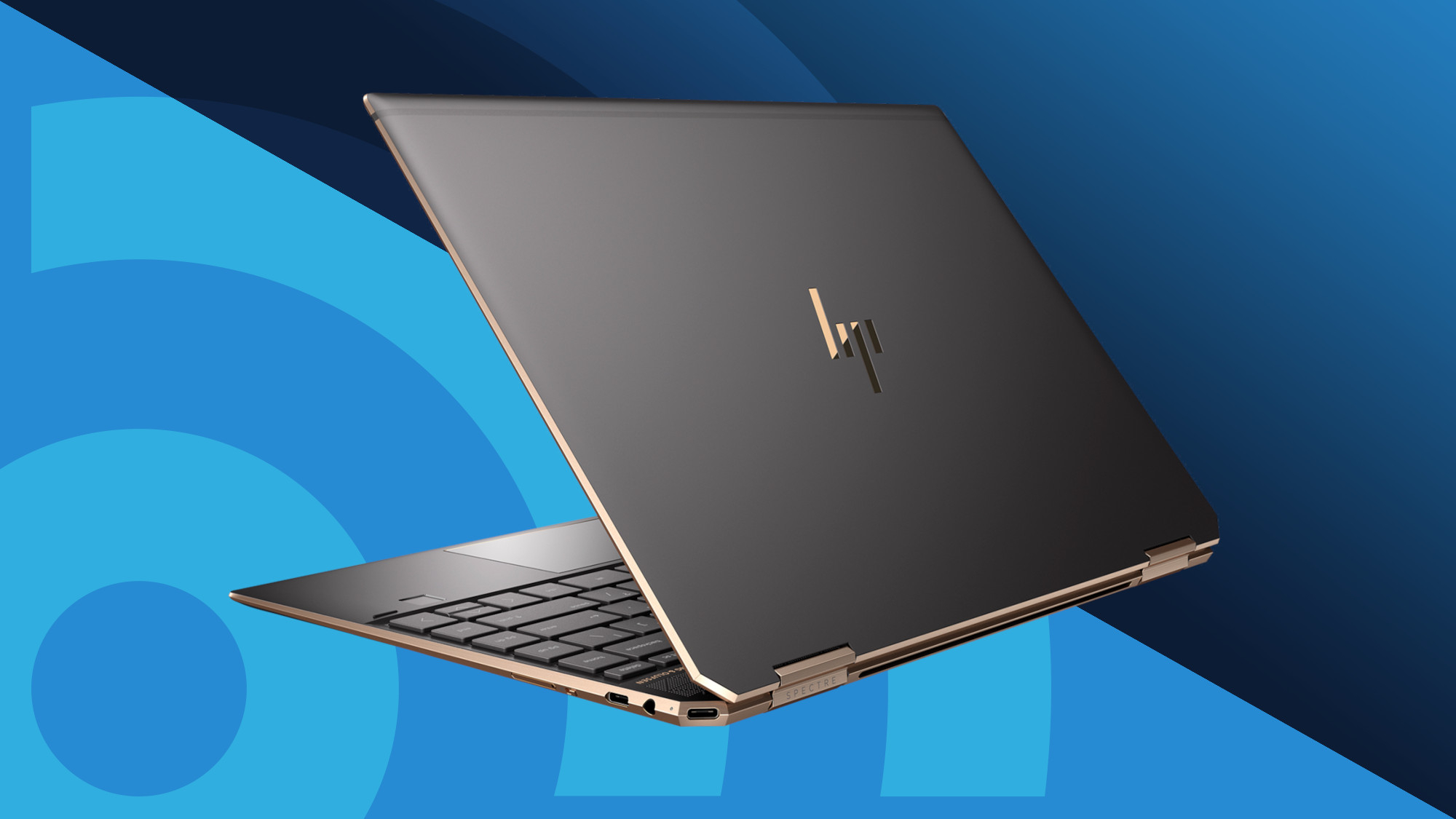Data Security in Refurbished Laptops: Ensuring Safe Use

Refurbished laptops have grown in popularity among customers as the market for reasonably priced computer solutions expands, especially in places like Pakistan. These gadgets offer an affordable way to access technology because they are sometimes offered for a small portion of the price of new ones. To guarantee safe and effective usage, users must address a significant concern regarding the security of data on refurbished laptops. The complexities of data security in reconditioned laptops are examined in this article, along with workable solutions to protect data on internal and external hard drives.
The Growing Popularity of Refurbished Laptops
Refurbished laptops are becoming more and more popular, in part due to financial and environmental concerns. The low cost of these gadgets and the growing availability of high-quality reconditioned equipment have made them highly popular in Pakistan. Used laptops are a smart investment for both people and businesses since they are cheaply priced and capable of handling a wide range of jobs.
However, the lower cost comes with a set of disadvantages, particularly in terms of data security. Unlike new computers, refurbished laptops may have been used previously, which raises concerns about component integrity and residual data.
Identifying Data Risks in Refurbished Laptops
Data security risks in refurbished laptops primarily stem from residual data left by previous owners. If a device is not properly wiped before resale, sensitive information such as personal documents, login credentials, and financial data can be exposed. Moreover, the integrity of the internal and external hard drives in these laptops is often uncertain, posing additional security challenges.
Given that reconditioned computers might still include data from prior owners, residual data poses a serious concern. If not completely deleted, this data may be accessed by unauthorized persons, which might result in identity theft and data breaches. Additionally, pre-existing viruses or malware may be present on used computers. These dangerous applications have the ability to jeopardize the security of the newly registered user’s data, resulting in loss of data and unapproved access. Refurbished laptops’ internal and external hard drives might be worn down from prior use, which could cause data loss or corruption. For data security, it is essential to guarantee the dependability of these elements.
Ensuring Data Security: Best Practices
To mitigate the risks associated with refurbished laptops, users should adopt several best practices aimed at ensuring the security of their data. These practices involve both technical measures and user awareness.
It’s important to completely erase all data on a reconditioned laptop before utilizing it. There are several ways to accomplish this. A built-in factory reset feature that returns the laptop to its initial configuration is included in several models. This procedure gives the new user a blank slate by removing all installed software and data. To safely wipe all data on the hard disk, utilize specialized software like DBAN (Darik’s Boot and Nuke). These technologies make it nearly hard to retrieve the data by repeatedly overwriting it. If you don’t feel confident enough to wipe your own data, there are expert data destruction services accessible. These services guarantee that no data is left behind and may be recovered.
Getting a reconditioned laptop requires doing a new install of the operating system (OS). This guarantees that a clean, secure installation replaces any outdated software that could be compromised. To protect yourself from any potential infection that may come with pirated software, always use an official copy of the operating system. Make sure the OS is updated to the most recent version once it has been installed. Security fixes that guard against known vulnerabilities are frequently included in updates.
Installing reliable security software is vital to protect against malware and other security threats. Use reputable antivirus software to scan and protect the laptop from viruses and malware. Regularly update the antivirus definitions to stay protected against new threats. Enable the laptop’s firewall to monitor and control incoming and outgoing network traffic based on predetermined security rules. In addition to antivirus programs, consider using specialized anti-malware tools to provide an additional layer of security.
Sensitive information should always be encrypted to prevent unwanted parties from reading it without the encryption key. The whole hard drive may be encrypted using programs like BitLocker (for Windows) or FileVault (for macOS), safeguarding all of the data on the laptop. Encrypt each file and folder that contains sensitive data for extra security. Critical data is further protected by this extra layer.
Maintaining regular backups is crucial for protecting against data loss. It is recommended that these backups be safely kept, ideally on cloud storage services or external hard drives. For backups, make use of dependable external hard drives. Make sure that these disks are encrypted as well in order to safeguard the data on them. Cloud storage solutions provide safe and easy ways to backup your data. OneDrive, Dropbox, and Google Drive are a few services that offer protected storage and convenient backup access from anywhere.
Managing Internal and External Hard Drives
Data security depends on the integrity of both internal and external hard disks. Hard drives on used laptops may have seen a lot of use, which raises the possibility of data loss or damage.
The internal hard disk of each laptop is a fundamental part, and its reliability directly affects data security. Utilize diagnostic software to examine the internal hard drive’s condition. Applications such as SMART Utility (for macOS) and CrystalDiskInfo (for Windows) can offer information on the general performance and problematic sectors of the disk. Consider replacing the internal hard disk with a new or more dependable one if it exhibits noticeable wear or damage. This raises data security and performance at the same time.
External hard drives are frequently used for backups and extra storage. Ensuring their safety is just as crucial. To safeguard the data on external hard drives, encrypt the drive. The same technologies that were discussed for internal disk encryption can also be used for this. To stop physical theft, keep external hard drives in a secure place. Think about utilizing gear that has security features like password protection or fingerprint recognition built right in. Make sure external hard drives are kept in excellent operating order by doing routine maintenance and error checking. Error checks and defragmentation are included in this.
The Role of Vendors and Manufacturers in Data Security
In addition to customers having to take preventative measures to safeguard their reconditioned laptops, manufacturers and dealers are also essential to guaranteeing data security.
Reputable vendors should implement robust data wiping and testing procedures to ensure the devices they sell are secure. Vendors should use certified data wiping techniques to ensure all data from previous users is completely removed. Thorough testing of hardware components, including hard drives, ensures that refurbished laptops meet acceptable performance and security standards.
Manufacturers can aid in attempts to safeguard data by offering information and methods for safely erasing and reinstalling operating systems. Reliable recovery solutions that make it simple for customers to return their computers to factory settings should be provided by manufacturers. Giving consumers thorough documentation and customer assistance facilitates their understanding of and use of the required security measures.
Conclusion
Data security on remanufactured laptops is a complicated issue that both customers and vendors need to handle. Customers may greatly improve the security of their reconditioned laptops by adhering to recommended practices, which include completely erasing any previous data, installing a new operating system, utilizing dependable security software, and routinely backing up data. Additionally, ensuring the integrity of internal and external hard drives through regular maintenance and encryption further protects sensitive information.
Data security in reconditioned laptops is crucial, especially in areas like Pakistan where the need for reasonably priced computing solutions is always increasing. Users may profit from these affordable gadgets without sacrificing the security of their data by being proactive and watchful.


